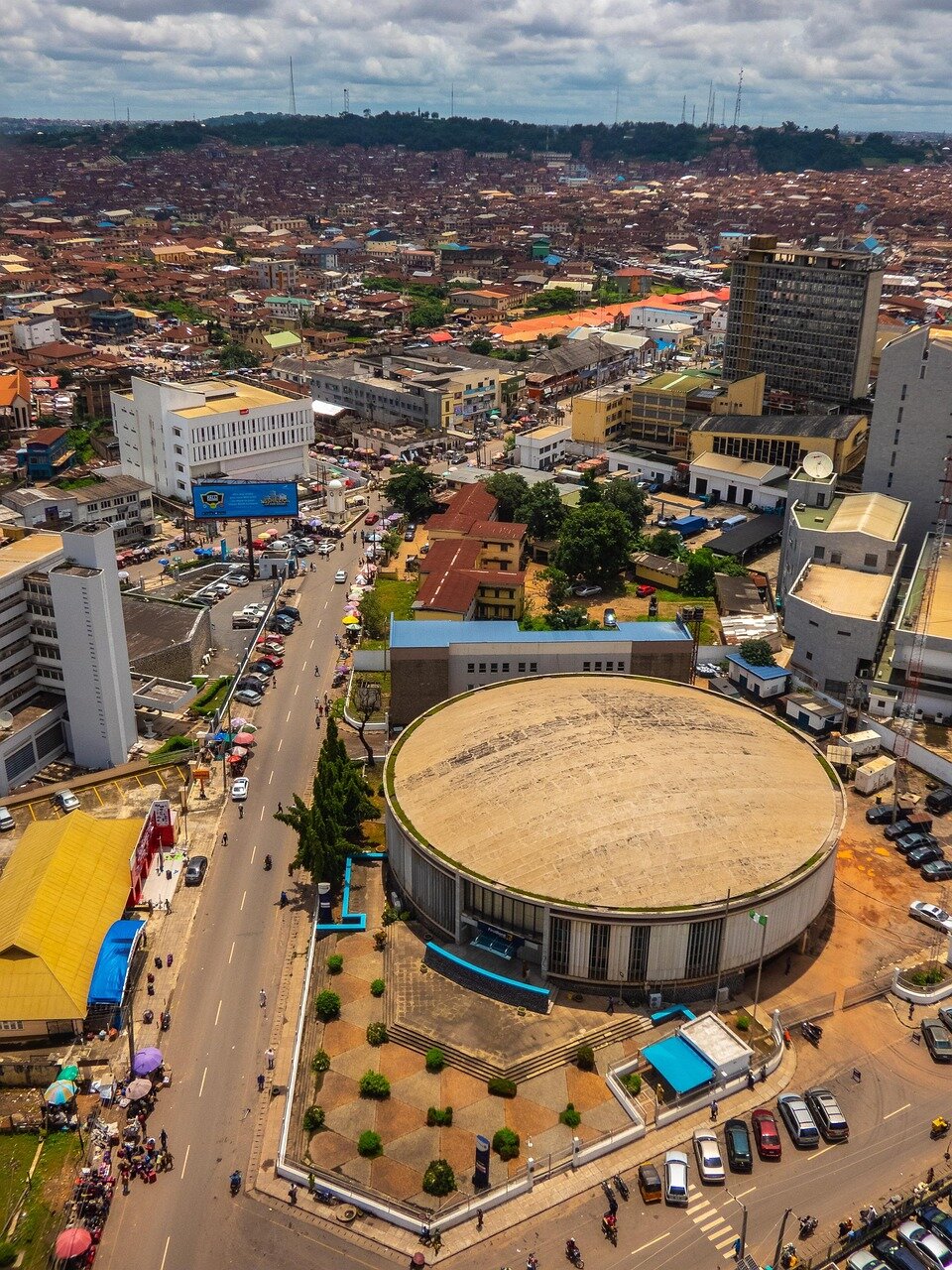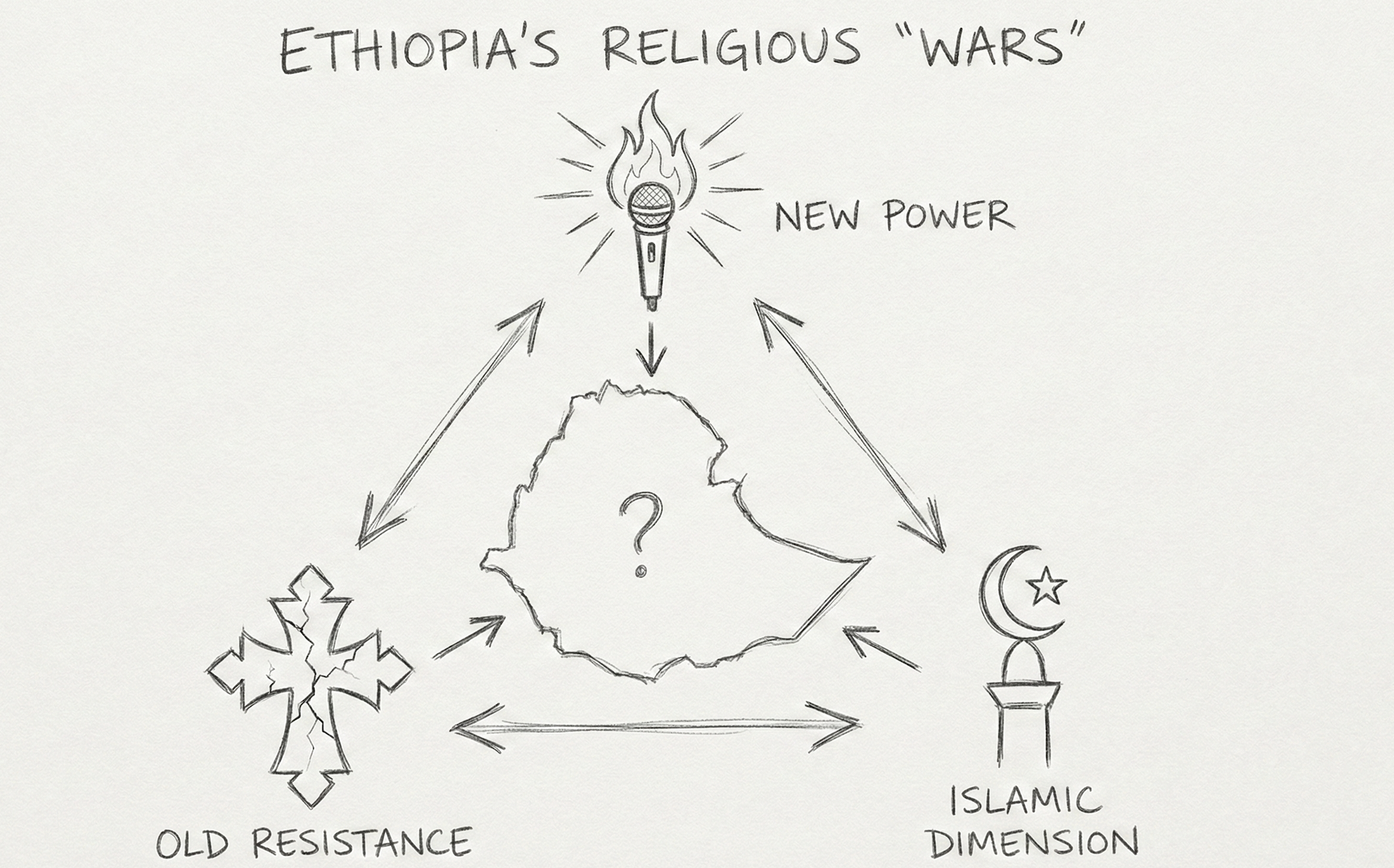The Economic Community of West African States (ECOWAS), once a cornerstone of regional cooperation and political stability in West Africa, is undergoing a period of unprecedented strain. The recent exit of three key Sahelian countries—Mali, Burkina Faso, and Niger—has deeply weakened the bloc, both institutionally and symbolically. It coincides with a geopolitical shift in which France is losing its foothold in parts of West Africa, while Russia is gaining position. Now, the possible departure of Togo threatens to deepen the organization’s crisis, signaling a broader unraveling of regional unity and potentially opening the door for greater Russian influence across the region. All these aspects will be discussed in the essay.
Togo’s announcement of its intent to reconsider its membership in ECOWAS comes at a time when the bloc's credibility is in question. ECOWAS was once lauded for its strong stance against unconstitutional changes in government and its active role in promoting democratic norms. The organization turned from the economic alliance to sort of a security arrangement in which Anglophone Nigeria took the main position while the majority of ECOWAS states have been composed of Francophones.
However, its inability to effectively respond to the military coups in Mali (2020 and 2021), Burkina Faso (2022), and Niger (2023), coupled with these countries leaving the bloc recently, has left ECOWAS weakened and fractured, and in one way or another accused of being too much under pressure from the West, as has the Niger crisis after the coup in 2023 shown. The creation of the Alliance of Sahel States (AES) by the three military-led regimes has not only undercut ECOWAS's cohesion but also presented an alternative model of regional cooperation, one that explicitly rejects Western influence and, increasingly, embraces new external partners such as Russia.
Togo’s Strategic Ambiguity
Togo’s potential departure reflects more than just dissatisfaction with ECOWAS’s declining relevance. It is also rooted in domestic political considerations and geopolitical recalibrations. Togo has long maintained a posture of strategic ambiguity, balancing relations between Western powers and alternative actors such as China and Russia. Under President Faure Gnassingbé, the country has preserved internal stability and avoided the military coups that have rocked its neighbors. Yet, the government has also shown signs of discomfort with ECOWAS's heavy-handed approaches to dealing with political crises in the region. Perhaps because the regime in Togo is itself a dictatorship whose intention is to keep the Gnassingbé dynasty in power? Maybe.
In particular, ECOWAS’s reliance on sanctions and threats of military intervention—most notably in Niger—has raised concerns among several member states about the legitimacy and proportionality of its responses. Togo, often playing the role of a discreet mediator in West African affairs, may perceive ECOWAS’s hardline stance as counterproductive, preferring a more flexible and sovereignty-respecting model of regional governance. Should Togo decide to exit the bloc, it would be less an endorsement of the AES’s authoritarianism than a critique of ECOWAS’s strategic missteps and declining relevance.
The Fragmentation of Regional Governance
Togo’s potential exit would mark a dangerous precedent: a coastal (and tiny) West African country voluntarily aligning itself with a process of regional fragmentation that began with military takeovers in the Sahel. While Mali, Burkina Faso, and Niger share common security challenges—most notably the jihadist insurgencies that have destabilized their territories—Togo does not face the same level of existential threat. Nevertheless, its departure would signal that even relatively stable countries see diminishing value in ECOWAS membership.
This erosion of regional solidarity could have far-reaching consequences. The ECOWAS project was built on the idea that integration—economic, political, and security—would enhance the collective strength of its members. The free movement of people, common external tariffs, and joint peacekeeping operations were pillars of its strategy. With key members leaving, these shared ambitions risk collapse. Moreover, the institutional vacuum created by the weakening of ECOWAS creates fertile ground for the rise of new external powers, most notably Russia.
Russia’s Growing Footprint
Russia’s interest in West Africa is not new, but recent years have seen a rapid expansion of its footprint in the region. With the exit of Western troops from Mali and Burkina Faso and the diminishing influence of France in particular, Russia—often through the Wagner Group and its successor entities—has stepped in to fill the void. In Mali, Russian military advisers have replaced French forces in counter-insurgency operations. In Burkina Faso, Russian flags have been seen at public demonstrations, signaling growing public support for Moscow’s involvement.
Togo’s pivot away from ECOWAS, if it results in greater political or military engagement with Russia, could further cement Moscow’s presence in the region. While Togo has not openly endorsed Russia’s actions in Ukraine, it has also refrained from strong condemnation, suggesting a desire to remain geopolitically flexible. Russian diplomatic outreach, development aid, and security cooperation could find a more welcoming environment in a Togo that no longer feels bound by ECOWAS’s norms or Western expectations.
The implications for the West might be profound. From the Western/European point of view, a broader regional alignment toward Moscow could shift the geopolitical axis of West Africa, weakening Western influence and reducing the effectiveness of multilateral responses to transnational threats like terrorism, organized crime, and climate change. Moreover, Russia’s interest in securing access to Atlantic ports—particularly in countries like Guinea, Togo, and even Equatorial Guinea—aligns closely with a long-term strategy of gaining strategic leverage on Africa’s western seaboard.
What Future for ECOWAS?
For ECOWAS, the departure of Togo would represent not only a numerical loss but also a symbolic defeat. Togo is not a coup-ridden state but a long-standing member that has contributed to regional diplomacy and integration efforts. Its exit would underscore the perception that ECOWAS no longer serves the interests of even its stable members.
To reverse this trend, ECOWAS must undergo a process of introspection and reform. First, it must reconsider its overreliance on punitive measures and military threats, which have proven counterproductive. Dialogue, inclusion, and adaptive governance are more likely to rebuild trust than sanctions or ultimatums. Second, the bloc must renew its economic mission. In an era of mounting insecurity and economic strain, the promise of regional development through trade and infrastructure is more appealing than abstract commitments to democratic governance, especially in contexts where democracy has not delivered tangible results.
Togo’s potential departure from ECOWAS encapsulates the shifting dynamics of regional politics in West Africa. What was once a beacon of integration is now fragmenting under the weight of internal dissent and external competition. As the balance of power tilts and new alliances form, the region finds itself at a crossroads. The decisions made in Lomé, Abuja, Bamako, and Moscow in the coming months will not only shape the fate of ECOWAS but may well determine the geopolitical trajectory of the entire Sahel and West African region.
.png)








